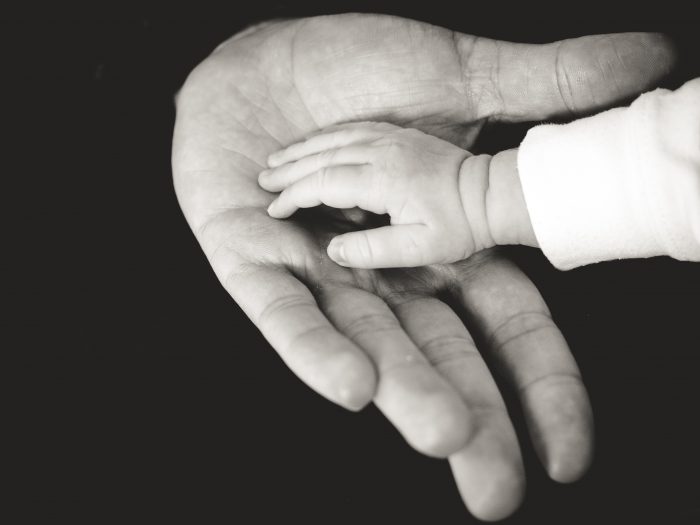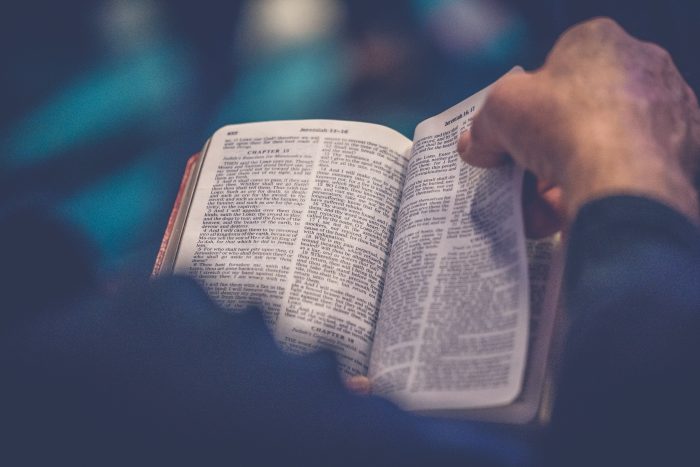The Bible is filled with God’s promises. These promises are not primarily about God promising to provide for material things. It is about God promising to keep the covenant which He made to His people. However, it’s not just important to see how God kept His promises and will continue to keep them, but also realizing that even His children are called to be faithful to the covenant keeping God of the Bible.
Topic: God's Love
God’s Truth Brings Comfort
Bible is not an instruction manual on how to go to Heaven. It’s a Book given to us by God through His servants, primarily meant to reveal Himself and His plan of redemption for the sinners. It’s only then that the Bible is meant as God’s law for redeemed sinners like us, to walk in the path of righteousness. In this passage, we learn how the Bible is also meant to bring us comfort.
Steadfast Love
Bible constantly emphasizes God’s steadfast love and His mercy towards sinners since the beginning of creation. This kind of love is also reflected through God’s people among themselves. In the Book of Ruth, until 3rd chapter, Ruth’s steadfast love for Yahweh and Naomi’s nation is seen. In this passage, we now see Boaz’s steadfast love and kindness being displayed and its implications for us.
How To Overcome Depression
If depression is prevalent in the world at large, it is even more so in the church. Depression is a common struggle Christians experience because of their own failure to grapple with the situation in life, and also their limitation or inability in controlling the outcomes which they never expected or wanted to avoid at all cost. In this passage, we learn the characteristics, causes, and the cure for depression, as we see David battling with it.
Marks Of A True Christian – Part 3
Christian Life consists of various character qualities which are an indication of our genuine faith in Christ. God expects His children to exhibit certain spiritual qualities so that the world might glorify His name. In this passage, we learn about being faithful in our callings, and also to seek God’s approval in everything that we do.
Be Reconciled To God
What is the solution for two parties to no longer be in enmity with each other? The only possible solution is to reconcile. But reconciliation is often initiated by first person toward another and is more inclined to settle the matter at personal cost. In this passage, we see God taking such posture of reconciliation toward mankind, even to the point of sacrificing His own Son, Jesus Christ. He ordains His Son to die on the cross on behalf of sinners, so that they would be reconciled to Himself. Reconciliation is made possible only through the substitutionary death of Jesus Christ.
The Purpose Of Suffering
Suffering is a universal experience and an inevitable part of our lives. The world suggests us to flee suffering at all costs, so we are provided with millions of solutions everyday to get rid of suffering. However, according to the Bible, God doesn’t want us to avoid or flee from suffering but to embrace it for the greater purpose. In this passage, we learn the purpose of suffering in Christian life, and how God uses it in the lives of others so that ultimately He is glorified in and through our suffering.
The Goodness Of God
“God is goodness itself, in whom all goodness is involved. If therefore we love other things for the goodness which we see in them, why do we not love God, in whom is all goodness? All other things are but sparks of that fire, and drops of that sea. If you see any good in the creature, remember there is much more in the Creator. Leave therefore the streams, and go to the fountainhead of comfort.” These are the words by puritan Richard Sibbes beautifully portraying the goodness of God toward mankind. In this sermon, we meditate on God’s goodness and our response to that glorious truth.








